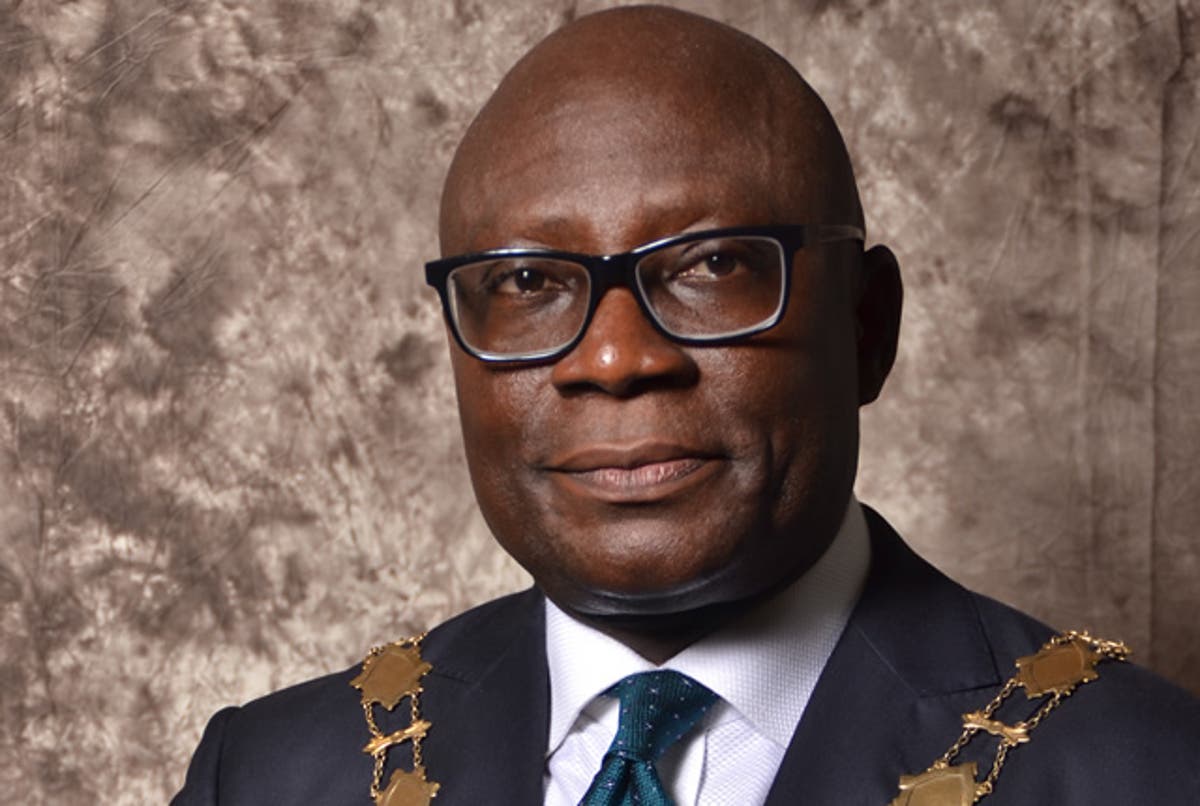 The President and Chairman of Council, Chartered Institute of Bankers of Nigeria, Dr. Uche Olowu, has said the failure of perpetual borrowers to repay bank loans is hurting the nation’s economy.
The President and Chairman of Council, Chartered Institute of Bankers of Nigeria, Dr. Uche Olowu, has said the failure of perpetual borrowers to repay bank loans is hurting the nation’s economy.
Olowu, who lauded the recent increase of banks’ minimum loan-to-deposit ratio by the Central Bank of Nigeria, said adequate credit should be given to the real sector in order to spur economic growth.
The CBN, in a circular dated July 3, 2019, mandated all deposit money banks to maintain a minimum loan-to-deposit ratio of 60 per cent by September 30, 2019 in a bid to improve lending to the real sector of the nation’s economy.
It said failure to meet the minimum LDR would result in a levy of additional cash reserve requirement equal to 50 per cent of the lending shortfall of the target LDR.
The CIBN president, who spoke on Tuesday in Lagos at a press briefing ahead of the institute’s 12th Annual Banking and Finance Conference, said many bank customers had borrowed money and refused to pay back.
He said, “For us, the increase in loan-to-deposit ratio is a welcome development. There is another circular to the effect that borrowing culture has to change; there is no hiding place for bad debtors. So, that will give the necessary motivation for bankers to lend with the belief that the money lent out will come back.
“I have always said that perpetual borrowers that do not pay back their debts are economic saboteurs because they deprive others of getting the necessary credit.”
The Chairman, Consultative Committee of 12th Annual Banking and Finance Conference, Dr. Adesola Adeduntan, said the nation’s economy was growing at about five to six per cent before the recession of 2016/2017.
Adeduntan, who is the Chief Executive Officer, First Bank of Nigeria Limited, said, “Even though we came out of recession, the GDP growth in the last two years is about two per cent. One of the strategic objectives of the central bank and invariably the government is how to orchestrate a higher level of growth. You cannot grow an economy when credit is not available. Businesses need credit to survive.
“When you look at our GDP growth and our population growth, it is crystal clear that we need to orchestrate growth that is much higher than two per cent, and you can’t grow the economy when banks are not lending. By getting banks to lend more and, expectedly, because of the multiplier effect of the lending, you expect higher growth in the economy.”
Adeduntan stressed the need for banks to continue to lend in a safe and sound manner.
He said, “In order to make it easy for the banks to lend, the central bank is also taking a number of steps to ensure that we change the credit culture of our people.
“Without credit growing in the economy, economic growth will be a mirage. What is required for the economy to grow faster than the current growth rate of about two per cent is not just credit; credit is just one of the several things that we need to do to engender faster pace of GDP growth.”

